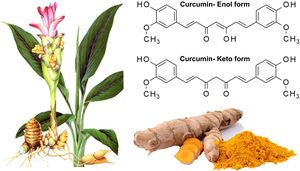Traditional Chinese medicine
From MEpedia, a crowd-sourced encyclopedia of ME and CFS science and history
This article is a stub. |

Traditional Chinese medicine (TMC) is a health care approach that incorporates the practices of acupuncture, tai chi, massage, and Chinese herbal products to maintain and manage health.[1][2]
Theory
Evidence
- 1992, Chronic fatigue syndrome--cases in the Kanebo Memorial Hospital[4] (see Kampo)
- 2015, Moxibustion at Gaohuang (BL 43) for chronic fatigue syndrome: a randomized controlled trial[5]
Clinicians
Risks and safety
Costs and availability
Learn more
See also
References
- ↑ "Traditional Chinese Medicine: What You Need To Know". NCCIH. April 1, 2009. Retrieved October 29, 2019.
- ↑ "What Is Traditional Chinese Medicine?". WebMD. Retrieved October 29, 2019.
- ↑ Chen, Rui; Moriya, Junji; Yamakawa, Jun-ichi; Takahashi, Takashi; Kanda, Tsugiyasu (2010). "Traditional Chinese Medicine for Chronic Fatigue Syndrome". Evidence-Based Complementary and Alternative Medicine. 7 (1): 3–10. doi:10.1093/ecam/nen017. ISSN 1741-427X. PMID 18955323.
- ↑ Ogawa, R.; Toyama, S.; Matsumoto, H. (November 1992), "[Chronic fatigue syndrome--cases in the Kanebo Memorial Hospital]", Nihon Rinsho. Japanese Journal of Clinical Medicine, 50 (11): 2648–2652, ISSN 0047-1852, PMID 1337561
- ↑ Tian, Liang; Wang, Jinhai; Luo, Chenglin; Sun, Runjie; Zhang, Xinghua; Yuan, Bo; Du, Xiao-zheng (November 2015), "[Moxibustion at Gaohuang (BL 43) for chronic fatigue syndrome: a randomized controlled trial]", Zhongguo Zhen Jiu = Chinese Acupuncture & Moxibustion, 35 (11): 1127–1130, ISSN 0255-2930, PMID 26939325

